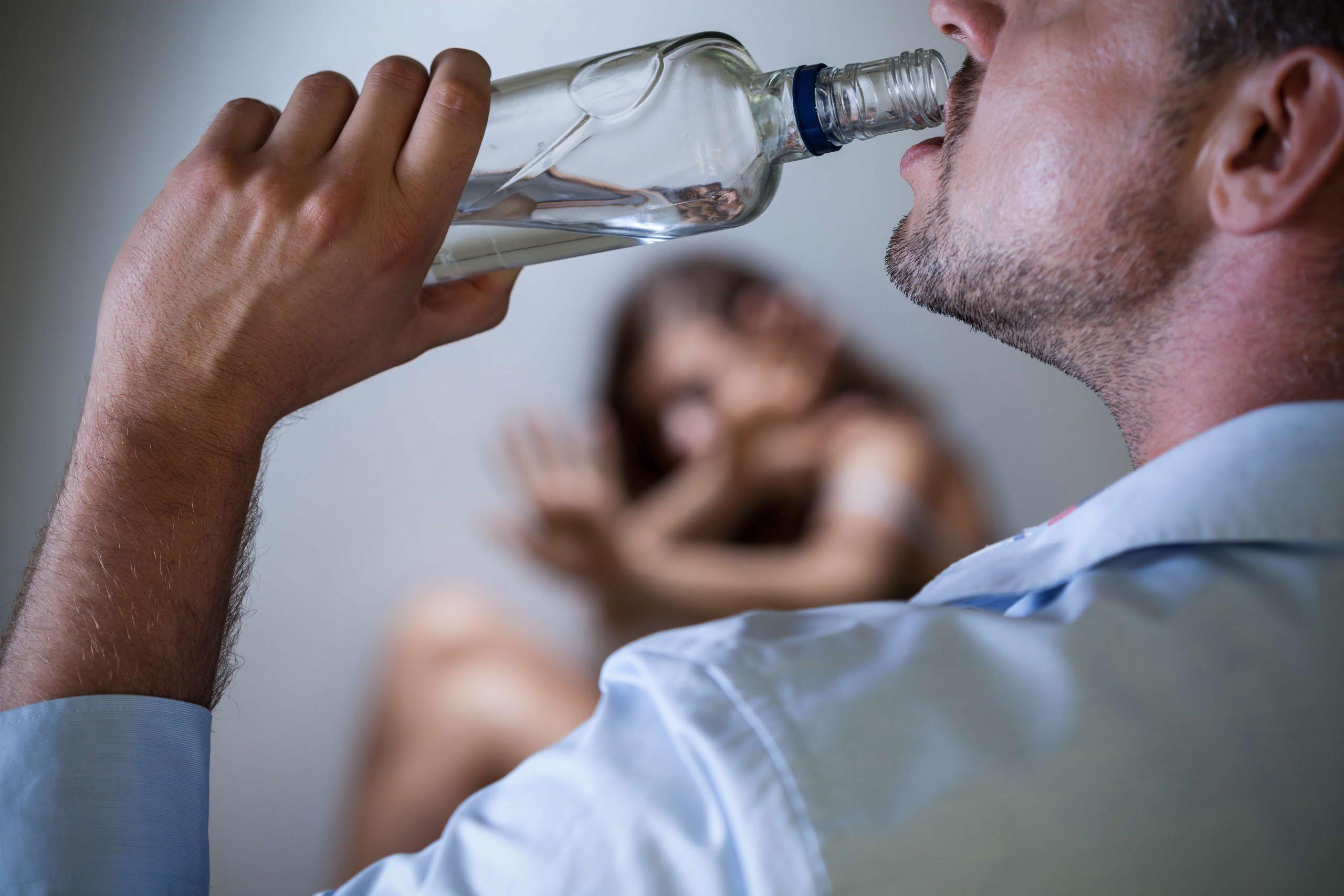This connection causes this essential transfer, where recovering alcoholics may substitute alcohol with sugar. For many people with alcohol use disorders, the body’s natural response to alcohol consumption is disrupted. Over time, chronic alcohol use can lead to insulin resistance, a condition where the body becomes less sensitive to insulin. This can cause blood sugar levels to rise, leading to feelings of fatigue, irritability, and intense sugar cravings. Alcoholism is a serious issue that can cause significant damage to a person’s physical and mental health.
That said, addiction might co-occur with other conditions that affect appetite. An SUD might co-occur with an AUD, or another mental health disorder that why do alcoholics crave sugar brings about sugar cravings. That is to say, sugar cravings may be present for other reasons as well – but typically accompany alcohol addiction.
Receiving Therapy That Can Help Alleviate Sugar Cravings
The study shows that preference for sweets can be genetic, but that there is a link between a preference for sugar as well as alcohol. Alcoholic subjects preferred the sweeter sucrose solutions that were given. While replacement rewards are a viable strategy incorporated into most treatment methods, they do not address the root cause of addictive disorders. To fully resolve the root causes of addiction, you need professional support. People with severe alcohol use disorders can consume more than 50% of their calorie intake through alcohol alone¹, leaving them at significant risk for nutrient deficiency.

Understanding this connection is essential for effectively managing cravings and maintaining sobriety. Managing sugar cravings during alcohol recovery and ensuring that overall health and well-being are a priority is incredibly important. See below for some useful tips on how to manage sugar cravings after quitting alcohol. If you find that it’s hard to control your drinking without resorting to sugar, there are new ways to limit drinking urges. Finally, it is important for recovering alcoholics to have a support system in place to help them manage cravings.
Tips For Eating Less Sugar After Quitting Drinking
By following these strategies and seeking support when needed, individuals with alcohol use disorders can manage their sugar cravings during recovery and maintain a healthy lifestyle. The intense sugar cravings experienced by people with alcohol use disorders may be the body’s way of compensating for nutrient deficiencies. Chronic alcohol misuse can deplete the body of essential vitamins and minerals, such as thiamine, magnesium, and zinc. In this blog post, we’ll explore the biological mechanisms behind why recovering alcoholics crave sugar and how it can be managed in a healthy way. We’ll also look at how to make healthier food choices that still satisfy sweet cravings without compromising an individual’s progress in recovery. Finally, we’ll discuss the importance of understanding and managing these cravings as part of an overall healthy lifestyle.
Individuals with AUD may turn to sugary foods or drinks as a way to satisfy these cravings. However, this temporary relief can perpetuate a cycle of craving and consuming sugar. Alcohol can lead to dehydration, which can in turn lead to electrolyte imbalances in the body.
